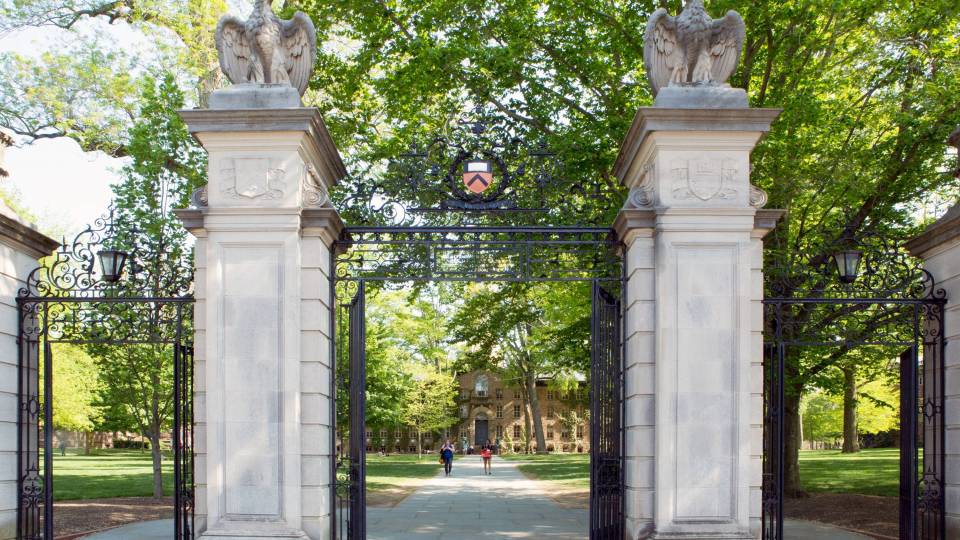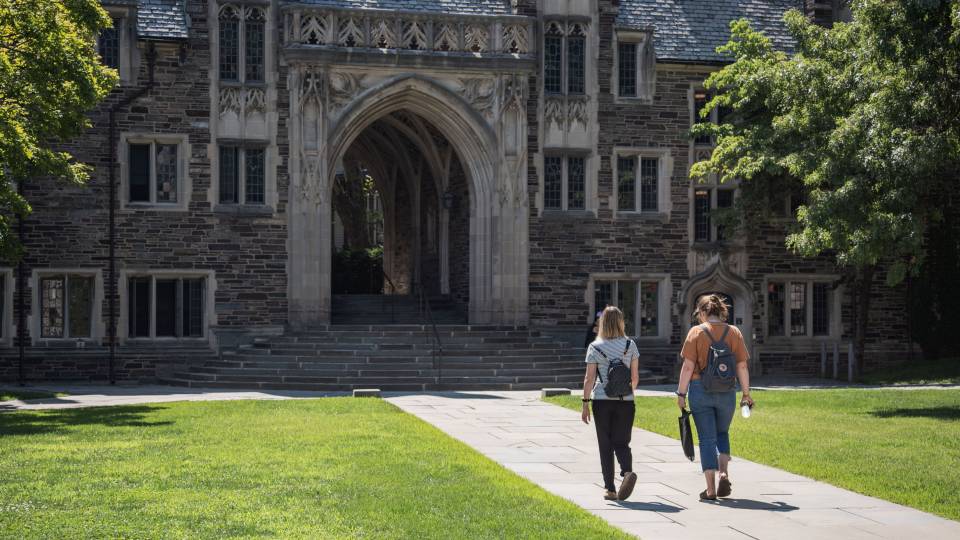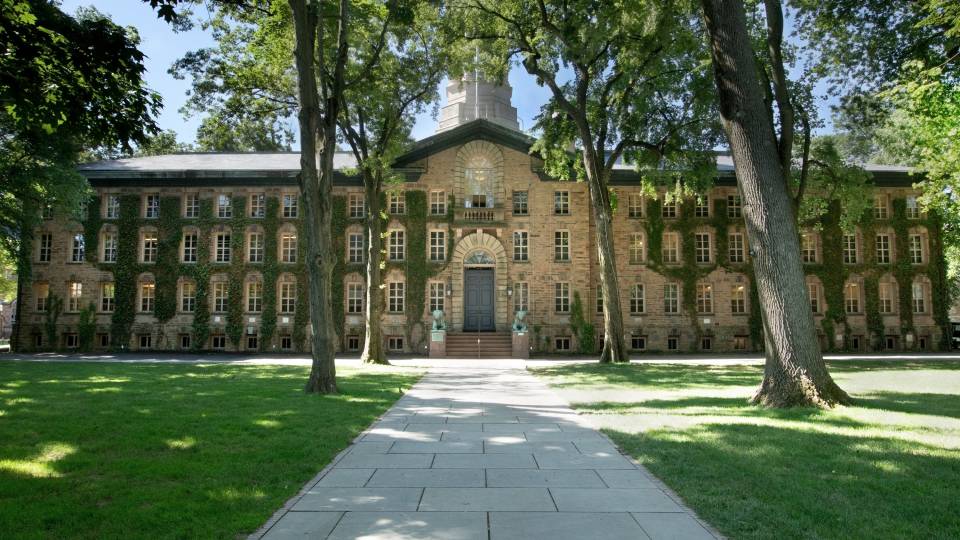Over the past several days, Princeton University students have raised concerns around the University’s current sexual misconduct investigation and adjudication processes. The University respects and benefits from student perspectives on how these important issues are handled. Input from the community is critical to our efforts to maintain a safe, supportive, and fair environment on campus that is free from sexual misconduct and all forms of discrimination.
Earlier this week, the University referred these concerns to the University Student Life Committee and the Faculty-Student Committee on Sexual Misconduct. These committees, which include student representatives, regularly address a range of issues relevant to supporting the student experience. To ensure thoughtful and inclusive consideration of the students’ concerns, a joint meeting of these committees will be held next week. A delegation of students has been invited to meet with committee members to share their concerns and discuss ideas for how the University can continue to enhance its policies, procedure, and resources pertaining to sexual misconduct prevention and investigations.
In keeping with the University’s commitment to administer sexual misconduct policies and processes that compassionately and fairly respond to allegations and remediate harm, and in response to the concerns raised by a delegation of students, earlier today Vice Provost for Institutional Equity and Diversity Michele Minter wrote to President Christopher L. Eisgruber (.pdf) requesting that he authorize an external review of Princeton University’s Title IX office.
“In addition to upcoming work by the University Student Life Committee and the Faculty-Student Committee on Sexual Misconduct, Director of Gender Equity and Title IX Administration Regan Crotty and I would like to request that the University commission an external review of the Title IX program. External reviews often provide an opportunity for expert feedback and insight. We welcome that feedback, and we believe that such a review will provide useful clarity and strengthen trust in the University’s Title IX process,” Minter wrote.
In his response, President Eisgruber wrote (.pdf), “We appreciate, support, and join you in your efforts to make our campus safe for all who work or study on this campus, and to ensure that our procedures are fair and respectful to everyone. We accordingly grant your request.”
Eisgruber added, “In so doing, my colleagues and I want to express our respect and gratitude for the good work that you do, and in particular for your commitment to treat every student and every complaint with scrupulous fairness and thoughtful compassion. We also appreciate your desire to seek continued improvement of our Title IX processes and to facilitate constructive dialogue, through appropriate and inclusive processes, with our larger community. The work you do is tremendously important, and we are fortunate to have you at Princeton.”
He noted that he approved the request after consulting with Provost Deborah Prentice and Vice President for Campus Life W. Rochelle Calhoun. Provost Prentice will oversee the external review process.
Princeton University is committed to maintaining a climate in which all members of our community respect and care for one another. All members of the campus community have a shared responsibility to do all they can to prevent and address sexual misconduct on campus. In recent years, informed by recommendations made by the Faculty-Student Committee on Sexual Misconduct, the University has made a number of important changes to strengthen its policies that prohibit sexual misconduct and its procedures for investigating and addressing cases, including:
- Enhancing comprehensive required training for all faculty and staff on recognizing and reporting incidents of sexual harassment and misconduct.
- Enhancing mandatory trainings on sexual harassment and misconduct for all undergraduates and graduate students. Trainings are offered when students enter the University and at different times during their Princeton careers. Students who are serving in certain leadership roles on campus, including residential college advisers, are required to participate in additional trainings related to sexual misconduct and harassment policies.
- Implementing a new policy prohibiting all faculty from initiating or engaging in romantic or sexual relationships with graduate students. (Previously, faculty were prohibited only from such relationships with graduate students over whom they had advising, instructional or supervisory responsibilities.) A similar ban on all romantic or sexual relationships between faculty and undergraduates has been in place for a number of years.
- Adding staff dedicated solely to Title IX issues, all of whom have extensive experience investigating and adjudicating sexual misconduct allegations and who participate in regular internal and external training.
- Expanding training for administrators who serve as Title IX advisers, in which capacity they provide general support to a complainant or respondent during a Title IX investigation. Approximately 25 administrators have received additional training to serve as Title IX advisers and a list of trained advisers is available at sexualmisconduct.princeton.edu.
- Making numerous changes to the Sexual Misconduct website and “Rights, Rules, Responsibilities” to clarify procedures and practices, and make it easier for students, faculty and staff to access information and resources.
The University continually seeks to expand the scope of its resources, as well as its educational and programming initiatives, pertaining to sexual misconduct prevention. More information and additional resources are available in this document.






